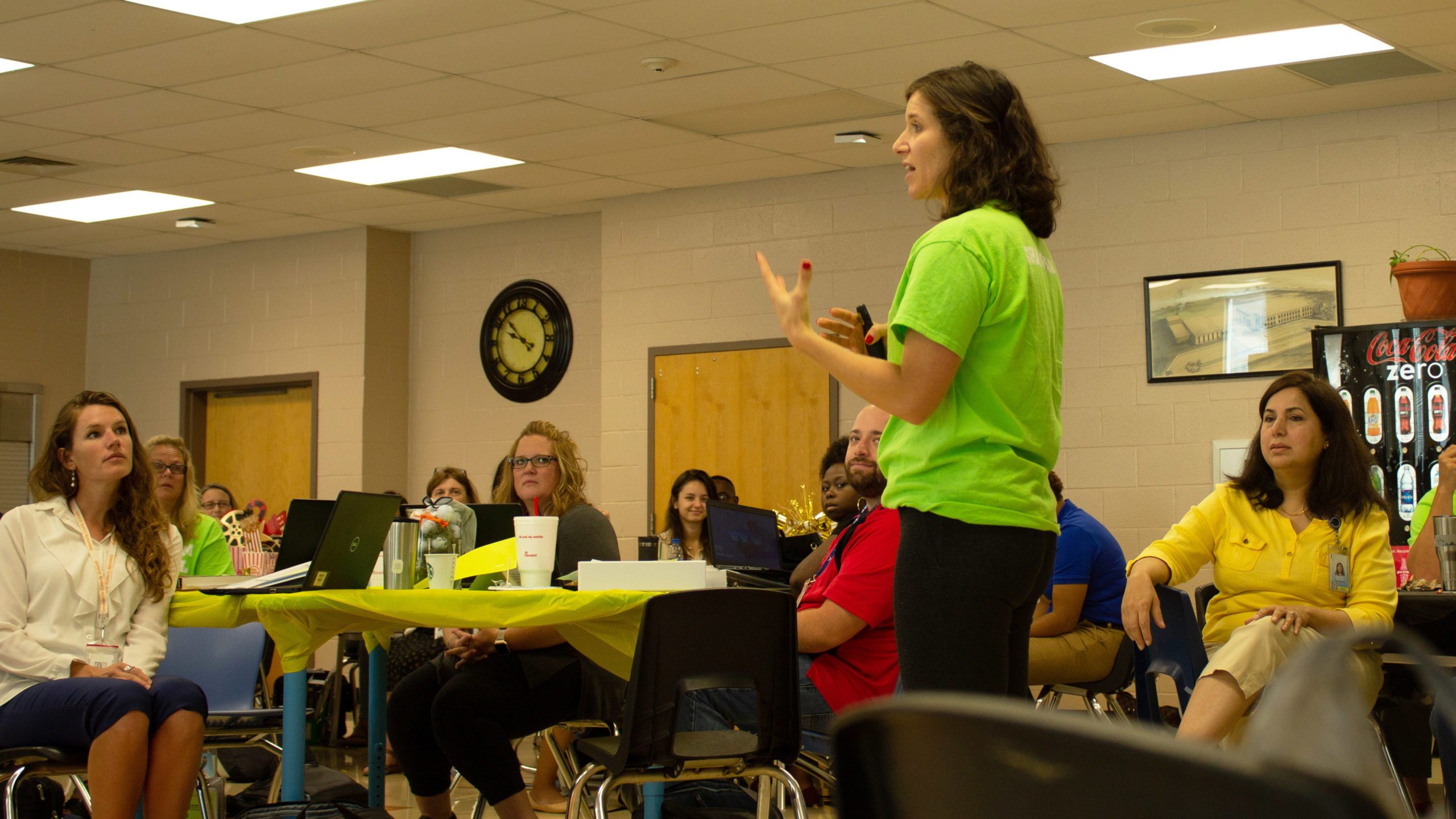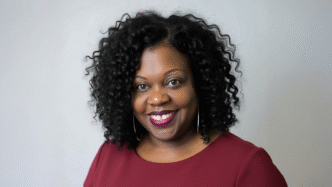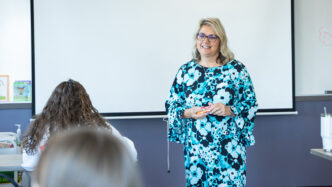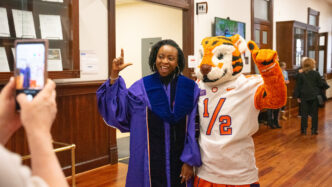The South Carolina Department of Education Office of Special Education Services (OSES) in the Division of College and Career Readiness partnered with researchers at Clemson University and the University of South Carolina last month to develop the Behavior Alliance of South Carolina (BASC).
The BASC, which is led by Clemson University and University of South Carolina faculty, will use a $4.6 million award from the OSES to work directly with the state to help districts and schools across South Carolina build capacity for supporting students with social, emotional and behavioral needs.
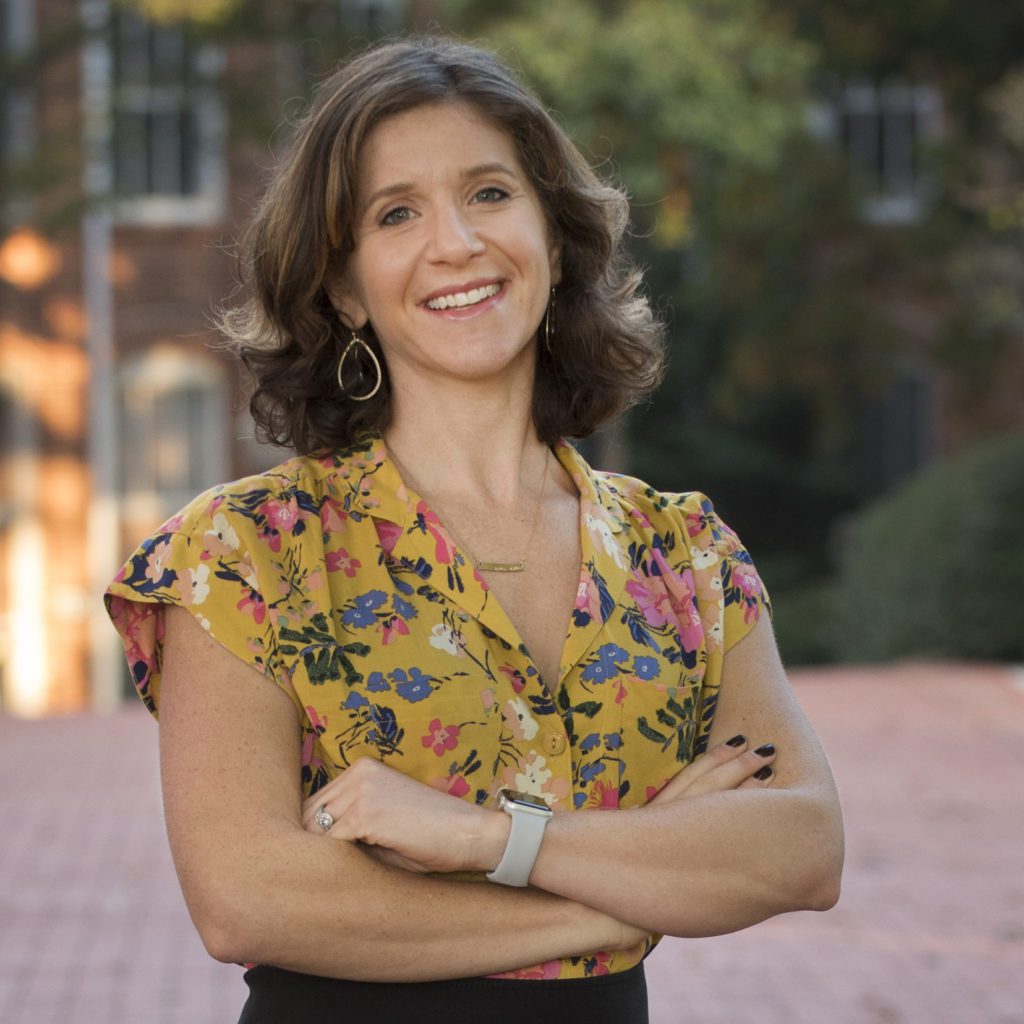
In the initial year of a planned five-year funding cycle, the BASC will set up its own internal structure and guide districts in collecting and analyzing initial data to define school needs. It will then provide statewide access to professional development and assist districts in the implementation of multi-tiered systems of support, which is a collaborative, evidence-based approach that provides proactive support to all students. These multi-tiered systems of support will focus on social, emotional and behavioral support for students.
According to Shanna Hirsch, associate professor in the Clemson University College of Education and project director for the BASC, the multi-tiered system of supports framework will help grow district infrastructure to allow schools to make data-based decisions to support implementation of student-level interventions. Hirsch said that the final phase of the project will see districts establish their own communities of practice so that the support systems put in place are sustainable and lasting.
“We plan for the BASC to bring people together from Clemson, UofSC and OSES to collaborate, share resources and support districts across the state,” Hirsch said. “Our plan is to work with districts to help them create positive learning environments while improving the social, emotional and behavioral outcomes for students. To do this, the BASC will facilitate building the capacity of South Carolina schools to implement multi-tiered system of supports.”

Hirsch said that in the initial data collection phase, the team will be particularly interested in analyzing existing schoolwide data to see trends and identify potential areas to strengthen. A primary goal is to help school communities flourish by ensuring equitable outcomes.
Dr. Mark Samudre, assistant professor of special education at the University of South Carolina, will also serve as a project director for the BASC. He said the benefits to all teachers – not just special education teachers – are a main feature of the systems of support that will be put in place.
Samudre previously worked as a special education teacher, and his research focuses on equipping general education teachers with the same tools to implement intensive behavioral supports that special education teachers employ on a day-to-day basis.
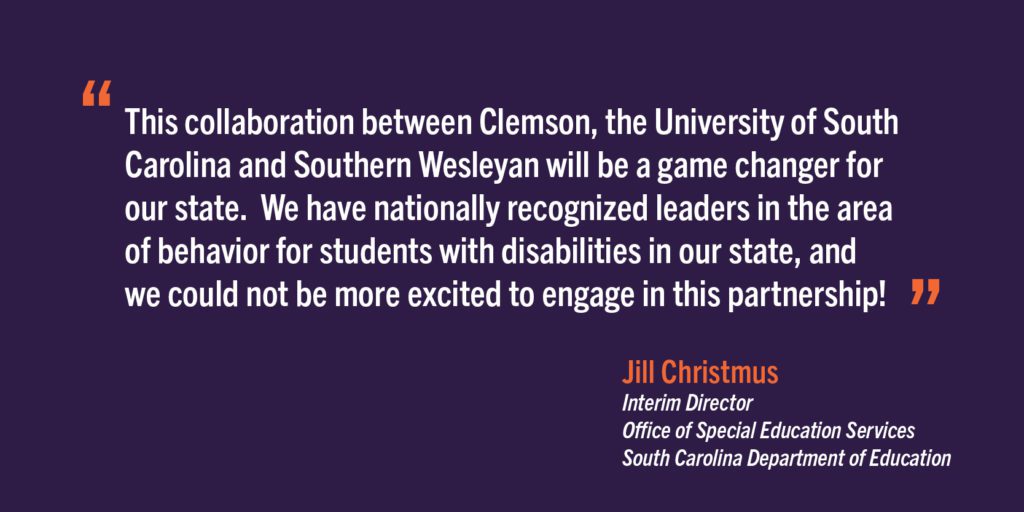
According to Samudre, no classroom or teacher is immune to challenging behavior, so he hopes that the project focuses just as much on teacher behavior so that all teachers can make better decisions when they respond to all students, not just those with more intensive needs.
“When teachers effectively manage student behavior, they increase their time for academic instruction, which helps all students,” Samudre said. “The benefits here are not limited to a single student or classroom or school. But, as one of my mentors often reminds me, meaningful changes in student behavior often depend on some initial change in teacher behavior. In sum, we hope our work through the BASC will support teachers so they can more effectively support students.”
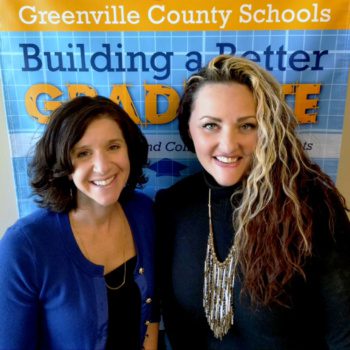
Alexis Walker has served as an administrator of multiple settings that focus on the implementation of positive behavioral supports for students that present significant behavioral and emotional needs, and she will be a consultant with the BASC. Walker previously collaborated with Hirsch on research that examined effective approaches for teachers of students that display the need for tertiary behavioral interventions.
Walker sees the BASC as a scaling up of the successful work she and Hirsch engaged in previously with Greenville County Schools. According to Walker, the previous project specifically proved the value in professional learning and development for special education teachers as well as how a shared commitment and responsibility between a district and higher education institution can help to ensure positive outcomes.
Because of the findings and working relationship established in that initial project, Walker is confident that a statewide effort will be successful.
Walker said that Hirsch and Samudre understand that collaboration and mutual respect are required to make a project like this work. She said both are open to any and all input from teachers and leaders from schools and districts, just as cooperating districts should be open to the combined knowledge base the researchers provide.
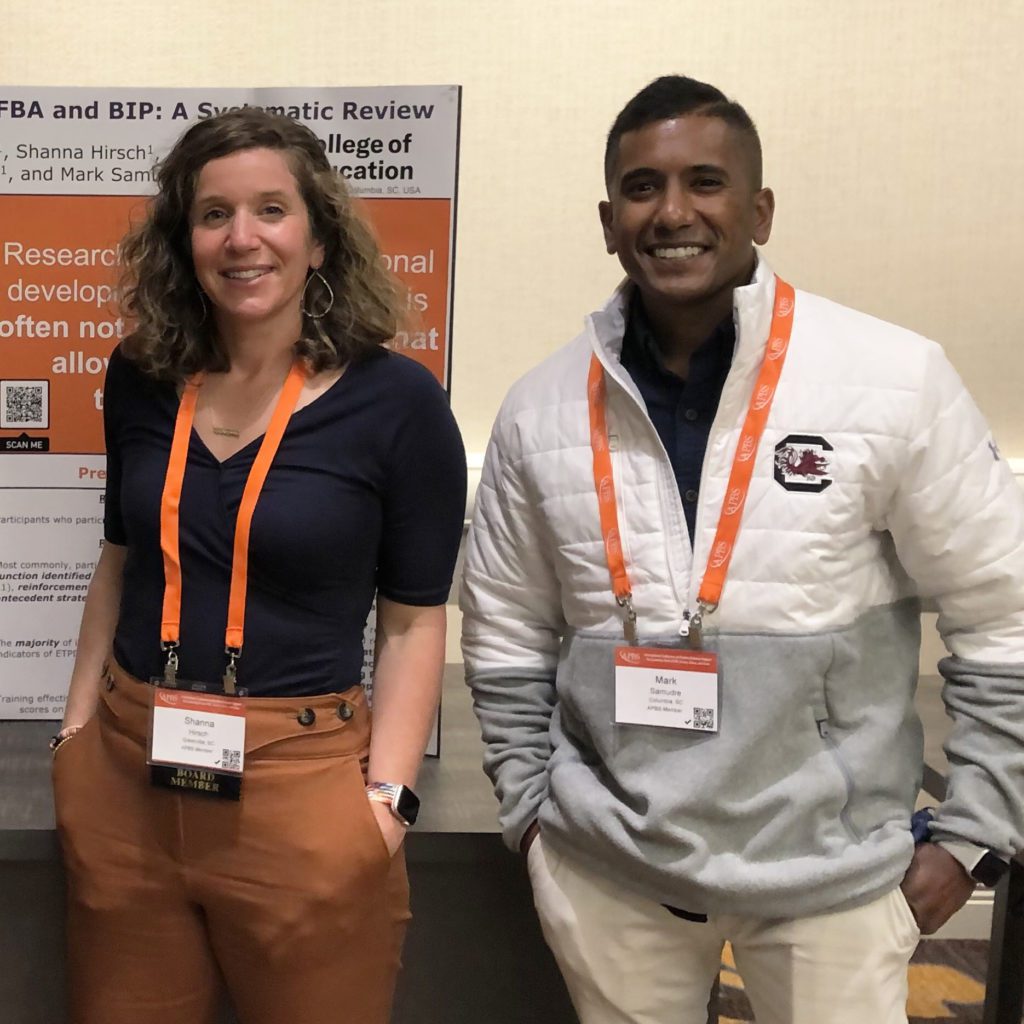
Walker has seen firsthand the sea of change that occurs in a classroom when teachers are given effective tools that are specific to behavior. She said that common issues cited by teachers leaving the profession across grades are related to discipline and student behavior, so equipping entire schools and districts should go far in helping teachers get out of “survival mode” in the classroom.
“Constantly being in that defensive mode does nothing but lead to burnout,” Walker said. “Having those proactive and preventative tools for behavior at your disposal changes the entire classroom – it brings excitement and fun back to the forefront. Imagine having that kind of change occur statewide.”
According to Jeff Marshall, acting dean for the Clemson University College of Education, the project showcases Hirsch’s innovative approach to equipping all teachers with the tools to effectively work with students with emotional and behavioral disabilities. He said the project is poised to make a positive impact at the state level over the proposed project timeline and beyond it.
“There is a great deal to juggle here with two universities working with schools and districts across the state, but the team that is in place is committed to make it work,” Marshall said. “This level of expertise and collaboration is what it takes to address the biggest issues in education, and our College is thrilled to see what comes of this effort over the next several years.”
Along with Hirsch and Samudre, faculty members from both universities involved include:
- Cathy Griffith, Special Education, Clemson University
- Kristina Randall, Special Education, Clemson University
- Amanda Rumsey, School Counseling, Clemson University
- Tony Plottner, Special Education, UofSC
- Lauren LeJeune, Special Education, UofSC.
- Simone Adams, Special Education, Southern Wesleyan University, will serve as a member of the project’s advisory board.
In addition, educators and leaders such as Walker from across the state will also contribute to the BASC Team, including Kent Parker, Susan Thomas, Karen Elfner and Simone Adams.

